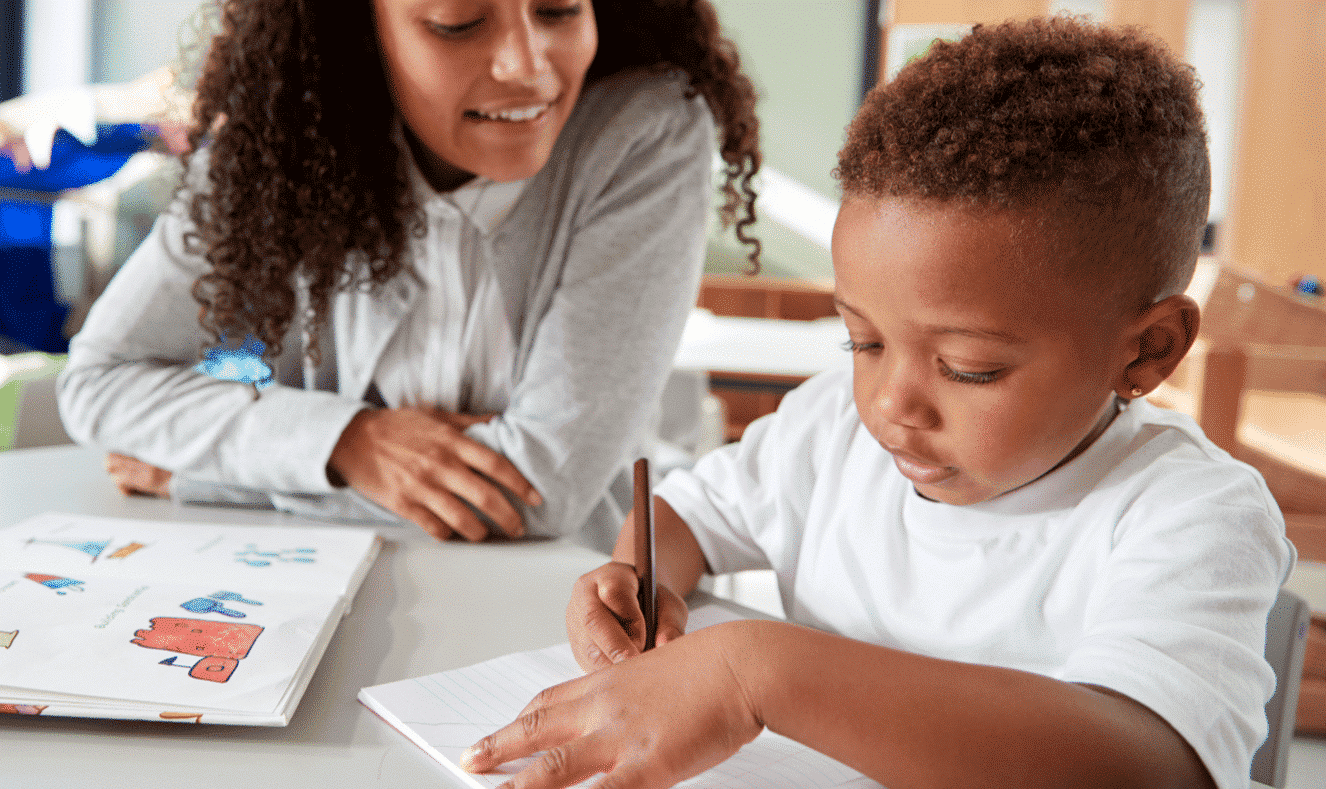Introduction: The importance of early language development in toddlers
As parents, we all want our children to thrive and reach their full potential. One of the most crucial aspects of early childhood development is language acquisition. During the toddler years, children’s brains are like sponges, absorbing information at an astonishing rate. It is during this critical period that the foundations for language skills are laid, shaping their ability to communicate, express themselves, and ultimately, succeed in life.
READ ALSO :
In this article, I will delve into the power of singing songs as a tool for enhancing language development in early toddlerhood. We’ll explore the numerous benefits, from cognitive to emotional and social, that singing can bring to our little ones. Additionally, I’ll provide practical tips and resources to help you seamlessly incorporate this joyful activity into your daily routines.
How singing songs can enhance language skills in young children
Singing songs is a delightful and engaging way to nurture language skills in young children. Through the melodic rhythms and repetitive patterns, toddlers are exposed to a rich tapestry of words, sounds, and intonations. This multisensory experience stimulates their developing brains, making it easier for them to grasp and retain new vocabulary, sentence structures, and linguistic concepts.
Moreover, singing encourages active participation and interaction, which is crucial for language acquisition. As you sing with your child, you create a shared experience, fostering a deeper connection and establishing a strong foundation for communication.
Benefits of singing songs for early language development in toddlers
The primary keyword for this article is “Benefits of singing songs for early language development in toddlers.” Let’s explore the various advantages that this delightful activity offers:
Cognitive benefits of singing songs for toddlers
- Vocabulary Expansion: Songs often introduce new words and phrases in a fun and memorable way. The repetition and rhyming patterns help reinforce these new vocabulary items, making them easier for toddlers to learn and retain.
- Phonological Awareness: Singing songs with clear enunciation and emphasis on sounds helps toddlers develop phonological awareness, which is the ability to recognize and manipulate the individual sounds within words. This skill is crucial for later reading and writing success.
- Memory and Recall: The melodic nature of songs, coupled with their repetitive lyrics, aids in memory formation and recall. Toddlers can easily memorize and recite songs, strengthening their language skills and building confidence in their abilities.
Emotional benefits of singing songs for toddlers
- Emotional Expression: Songs provide a safe and enjoyable outlet for toddlers to express their emotions. Through the lyrics and melodies, they can explore and understand a wide range of feelings, fostering emotional intelligence and self-awareness.
- Stress Relief: Singing has a calming effect on the mind and body. By engaging in this activity, toddlers can release tension and find a sense of relaxation, which is essential for their overall well-being and ability to learn.
- Bonding Experience: Singing together creates a special bond between you and your child. This shared activity promotes trust, security, and a deeper emotional connection, which is crucial for healthy language and social development.
Social benefits of singing songs for toddlers
- Turn-taking and Interaction: Many songs involve call-and-response patterns or opportunities for turn-taking. This encourages toddlers to engage in back-and-forth interactions, developing essential social skills and communication abilities.
- Cultural Awareness: Exposing toddlers to songs from diverse cultures and languages can foster an appreciation for diversity and promote cultural understanding from an early age.
- Group Participation: Singing songs in group settings, such as playgroups or music classes, provides opportunities for toddlers to interact with their peers, practice social skills, and develop a sense of belonging.
Tips for incorporating songs into daily routines for language development
Integrating songs into your daily routines can make a significant difference in your toddler’s language development. Here are some practical tips to get started:
- Sing During Everyday Activities: Transform mundane tasks like diaper changes, mealtime, or bath time into learning opportunities by singing simple songs or nursery rhymes. This seamless integration makes learning fun and engaging.
- Use Gestures and Actions: Accompany your singing with gestures, actions, or simple movements. This multisensory approach helps reinforce the connections between words and their meanings, enhancing language comprehension.
- Encourage Participation: Invite your toddler to join in by clapping, dancing, or mimicking the actions. This active involvement promotes engagement, attention, and language retention.
- Personalize the Songs: Adapt the lyrics to include your child’s name, favorite toys, or familiar objects. This personalization makes the songs more relatable and meaningful, fostering a deeper connection with the language.
- Repeat, Repeat, Repeat: Consistency and repetition are key. Sing the same songs regularly, allowing your toddler to become familiar with the words, rhythms, and melodies. This repetition reinforces language patterns and aids in memory retention.
Choosing the right songs for language development in toddlers
When selecting songs for your toddler’s language development, consider the following factors:
- Age-Appropriate: Choose songs with simple lyrics, repetitive phrases, and engaging melodies that are suitable for your toddler’s age and developmental stage.
- Engaging and Interactive: Look for songs that encourage participation through actions, gestures, or call-and-response elements.
- Diverse Themes and Genres: Expose your toddler to a variety of themes, genres, and cultural influences to broaden their linguistic and cultural awareness.
- Familiar and Meaningful: Incorporate songs that are relevant to your child’s experiences, interests, or daily routines, making them more relatable and engaging.
Recommended resources and books for singing songs with toddlers
To help you get started on this musical journey, here are some recommended resources and books for singing songs with your toddler:
- Nursery Rhyme Collections: Classic nursery rhyme books like “The Real Mother Goose” or “The Itsy Bitsy Spider” offer a wealth of simple, engaging songs perfect for language development.
- Children’s Music Albums: Look for children’s music albums by artists like Raffi, Laurie Berkner, or The Wiggles, which feature catchy tunes and interactive songs.
- Online Resources: Websites like SongsForTeaching, SongsForLittles, or KIDiddles offer a vast collection of songs, videos, and resources specifically designed for early language development.
- Local Music Classes or Playgroups: Consider joining a local music class or playgroup where your toddler can experience the joy of singing with peers and trained instructors.
RELATED ARTICLE :
Conclusion: The lasting impact of singing songs on early language development
As we’ve explored, singing songs is a powerful tool for nurturing language skills in early toddlerhood. Through the melodic rhythms, repetitive patterns, and engaging lyrics, toddlers are exposed to a rich linguistic environment that stimulates their developing brains and fosters language acquisition.
The benefits of singing songs extend far beyond just language development. It promotes cognitive growth, emotional intelligence, social skills, and cultural awareness, providing a well-rounded foundation for your child’s overall development.
Incorporating songs into your daily routines is a simple yet profound way to create lasting memories and establish a strong bond with your toddler. So, embrace the power of music, and let your voices soar together, unlocking the doors to a world of language and endless possibilities.
Discover the joy of singing with your toddler today! Join our free online community, where you’ll find a wealth of resources, including curated song lists, instructional videos, and a supportive network of parents on the same journey. Sign up now and unlock the power of music for your child’s language development. Together, we’ll create a harmonious path to lifelong learning and growth.






